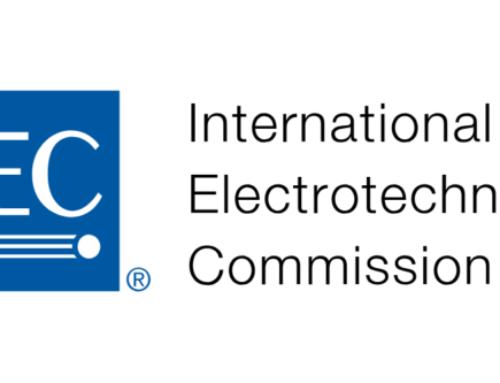16/09/2020
On 15 August 2020, the Green Computing Consortium (GCC) held the 2020 Green Computing Standards and Industry Summit during the 8th China Information Technology Expo – the key expo for the electronic information industry sponsored by the Ministry of Industry and Information Technology (MIIT) and the Shenzhen Municipal People’s Government.
In early August 2020, the State Council issued the Several Policies for Promoting the High-Quality Development of the Integrated Circuit Industry and the Software Industry in the New Era. The document outlined a set of supportive policies for the innovation of integrated circuits and software; it now represents a key guiding and reference document for the establishment of the green computing technology system, and even for the whole open innovation ecosystem in the field of information technology. During the 2020 Green Computing Standards and Industry Summit, GCC illustrated the three main priorities for upcoming work and activities:
- Adhere to open source, openness and innovation, and jointly contribute to the establishment of the green computing technology and industrial ecosystem;
- Increase the promotion of technology applications, and expand the demonstration effect of valuable industries; and
- Strengthen the integration among production, education and research, and jointly build a system for technological innovation and personnel training.
The Summit highlighted the key role that standards play in supporting green computing. In particular, the leader of the GCC Standard and Evaluation Working Group introduced the development processes of relevant standards based on the latest GCC standard architecture, including: (i) Technical Requirements for Green Computing Server Security; (ii) Technical Requirements for Green Computing Server Basic Input and Output System (BIOS); (iii) Technical Requirements for Green Computing Server System Management; (iv) Evaluation Specifications for Server Sub-Scene – Big Data Scene; (v) Evaluation Specifications for Server Sub-Scene – Distributed Storage Scenarios; (vi) Evaluation Specifications for Server Sub-Scene – High Performance Computing Scenario; and (vii) Evaluation Specifications for Server Sub-Scene – Web Application Scenario.
In addition, the Deputy Director-General of MIIT’s Electronic Information Department, in his speech, highlighted the necessity for standardisation activities to focus on the key fundamental standards and on system architecture, application and validation. These will provide basic safeguard and support for technological development and the construction of the ecosystem, as well as high-performance, low-cost, scalable, and easy-to-manage products and solutions to users, ultimately contributing to the continuous improvement of the business value and market competitiveness.
Background:
The Green Computing Consortium, referred to as “GCC”, is a non-profit social organisation voluntarily formed by actors from all over the industrial chain, including technology providers, manufacturers, system integrators and enterprise users. GCC mainly follows the main IT development trends of open source software and open hardware. Specifically, based on open technologies such as ARM computing chip, it provides green and energy-saving products that are easier to use and manage for the end enterprise users.
With respect to standardisation work, each member unit has clear responsibilities and tasks.
|
Member Unit |
Standard Field |
|
Phytium |
Evaluation standards for GCC distributed storage, big data, Web application, HPC high performance computing scenarios |
|
Huawei |
|
|
Transwarp |
GCC big data scenario evaluation standards |
|
Ampere |
Evaluation standards for GCC big data, Web application scenarios |
|
Shanghai Jiao Tong University |
GCC HPC scenario evaluation standards |
| Micronc |
GCC distributed storage scenario evaluation standards |
|
XSKY |
The original news in Chinese is available at: http://www.cesi.cn/202008/6750.html.
By Haley WU on 16 September





